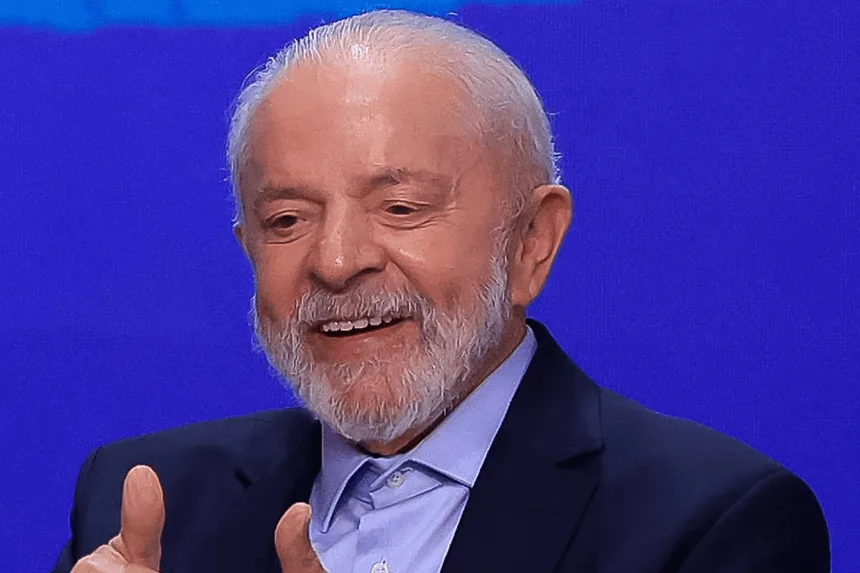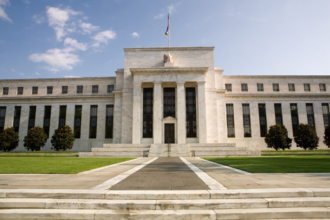The trade tariff fight between the US and Brazil got worse after US President Donald Trump made a provocative move by suggesting a 50% import tax on Brazilian goods. The choice, which will go into effect on August 1st, is not merely a commercial matter; it also has political overtones.
- What did President Lula do when the tariff threat came up?
- What are the likely effects on the economy of the US-Brazil trade tariff dispute?
- Why Did the US Choose Brazil in the Dispute?
- Is the US-Brazil trade tariff dispute good for Lula’s political career?
- What should stakeholders expect in the future?
- Conclusion: Is this the beginning of a new chapter in US-Brazil relations?
Trump said that the tariff increase was necessary because of how Brazil treated former President Jair Bolsonaro, who is presently on trial for allegedly trying to stage a coup after losing the 2022 presidential race to Luiz Inácio Lula da Silva. Trump called the current legal procedure a “witch hunt” and said that Bolsonaro was “a highly respected leader throughout the world.”
There have been trade conflicts between the US and Brazil before, but this time it’s become a bigger trade tariff fight involving more than just money. It’s also about ideas and personal relationships.
What did President Lula do when the tariff threat came up?
Brazilian President Luiz Inácio Lula da Silva didn’t wait long to respond strongly to Trump’s threats. Lula made Brazil’s viewpoint very clear by posting directly to the public on X (previously Twitter).
Lula said, “Brazil is a sovereign country with its institutions and will not accept any tutelage.” He stressed that no foreign government has the right to meddle with Brazil’s legal system or democratic process.
He also made it plain that if one side raised tariffs on its own, the other side would do the same. Lula said, “If the US raises tariffs, Brazil will do the same and put proportional tariffs on American goods.”
This strong attitude was a big change in the US-Brazil trade tariff debate, showing that Brazil will not sit back and let economic threats happen.
What are the likely effects on the economy of the US-Brazil trade tariff dispute?
There is a lot of trade between the US and Brazil. The US is Brazil’s second biggest trading partner, after China. Brazil exported iron, oil, soybeans, and coffee to the US in 2024, while the US imported machinery, planes, mineral fuels, and medical equipment.
If the US goes forward with the 50% tariff, the current trade balance could be thrown off completely. Many industries, including agriculture, energy, and industrial production, may have to deal with higher prices and other problems.
Lula also disagreed with Trump’s contention that the US had a trade imbalance with Brazil. Lula said, “That is just not true,” and pointed to US government figures that showed a $7.4 billion trade surplus with Brazil in 2024. This excess shows that American businesses are getting more out of the current trade structure, which makes the US-Brazil trade tariff issue even harder to understand.
In an economy that is already affected by inflation, war, and climate-related problems, more instability in one of Latin America’s biggest economies could have impacts on other countries as well.
Why Did the US Choose Brazil in the Dispute?
Brazil wasn’t the only country that Trump wanted to put tariffs on, which is interesting. More than 20 countries, such as Japan, South Korea, and Sri Lanka, received similar letters warning them that tariffs might go up. The letter to Brazil, on the other hand, stood out because it was about more than just commerce.
Trump said that Brazil’s courts were wrong to rule against US digital companies, especially those that were connected to his social media site, Truth Social. Trump said that Brazil had put in place “secret and unlawful censorship orders” that were aimed at digital sites operating in the US.
Lula, on the other hand, defended the judgments, saying that Brazil’s choices were in keeping with democratic norms and were meant to protect society. He stressed that “Brazilian society rejects hateful content, racism, child pornography, scams, fraud, and speeches against human rights and democratic freedom.”
These conversations show that the US-Brazil trade tariff issue isn’t only about tariffs on imports. It’s also about sovereignty, law enforcement, and how online platforms affect public conversation. Read another article on China’s Economic Growth Target
Is the US-Brazil trade tariff dispute good for Lula’s political career?
This fight may help President Lula in the political arena, which is surprising. Political analysts say that foreign leaders often get more support at home when they stand up to somebody like Trump.
We’ve seen similar things happen in Mexico, Canada, and Australia, where leaders got support from the public by going against Trump’s harsh words against other countries. One expert said, “Those who stand up to Trump win at home when Trump and other conservative leaders speak out on issues that affect their countries.”
Experts, on the other hand, say that Lula’s government needs to respond to the US-Brazil trade tariff issue in a way that is coordinated, consistent, and obvious in order to really benefit from it. If you respond in a disorganized or emotional way, it could hurt people’s trust in you and make it easier for them to criticize you at home.
What should stakeholders expect in the future?
Businesses and investors should be ready for a number of situations, as the planned tariffs are still up in the air. If no diplomatic solution is found, tariffs will probably make things more expensive, slow down commerce, and hurt the relationship between the two countries.
This fight might also be a wake-up call for both governments to update their trade deals and make their economic partnerships stronger. The trade tariff fight between the US and Brazil is also a chance to change how the two countries work together on digital policy, social media management, and making the law clearer.
To stop things from getting worse, people need to talk to each other, respect each other, and stick to international rules.
Conclusion: Is this the beginning of a new chapter in US-Brazil relations?
The trade tariff spat between the US and Brazil is more than just a disagreement over economic policy. It is a difficult problem that has to do with political beliefs, national sovereignty, and digital rights. President Lula has proved that he is determined to protect Brazil’s political and economic independence by standing firm.
What happens in the next few weeks will determine whether this leads to a bigger diplomatic rift or a new collaboration. What is obvious, though, is that both countries need to be clear and diplomatic in their actions to protect a relationship that has been good for both of them in the past.








